Robot recycling - extracting value from old TVs
- Published
How robots are used to extract valuable materials from your old TV
Ever wondered what happens to your old television? As TV technology advances, we are upgrading more often and in the UK two million sets are thrown away each year.
Discarded electrical goods are the fastest growing form of waste, with TVs making up the biggest element - and that's a huge headache for the councils that have to deal with it.
But as I found out on a trip to a recycling plant at Bridgnorth in Shropshire, there is also a growing opportunity to extract value from all of these outdated televisions. It turns out that there is gold buried in used sets - literally - and if you can recycle them efficiently there is money to be made.
The plant, run by the French water and waste group Veolia, is going to process 300,000 televisions a year, collected from council dumps across the country. Two robots have just been installed to speed up the process.
The first automates the tricky job of removing the plastic casing from the screen without breaking it, the second deals with a health and safety problem by cutting and sealing the LCD light tubes that contain mercury.
Demanufacturing
The televisions are then broken into all their separate components, with some material crushed and then sorted into metals and plastics. Workers pick through the waste to spot any scraps of circuit board, which are then taken away to another plant where the gold is extracted from them.
In any factory, the mission is to cut the cost of disassembling a TV as far as possible, while maximising the output in terms of saleable products.
Veolia's technical director Richard Kirkman calls the whole process demanufacturing.
"There is no part that we cannot find a use for," he says. "More than 90% is recycled into a useful material - different types of plastic, glass, non-ferrous metal." Even rubber components that cannot be recycled are ground into a powder and turned into fuel.
The economics of recycling are improving. Manufacturers are now obliged to fund the recycling of any electronic equipment they make and Veolia gets about £1 for every television it processes. It costs more than that to recycle a set, but by selling the waste products the company ends up with a profit.
This one plant will handle about 5% of the televisions discarded in the UK each year. With a growing backlog of old tellies you can expect to see more robots put to work to extract value from yesterday's technology.
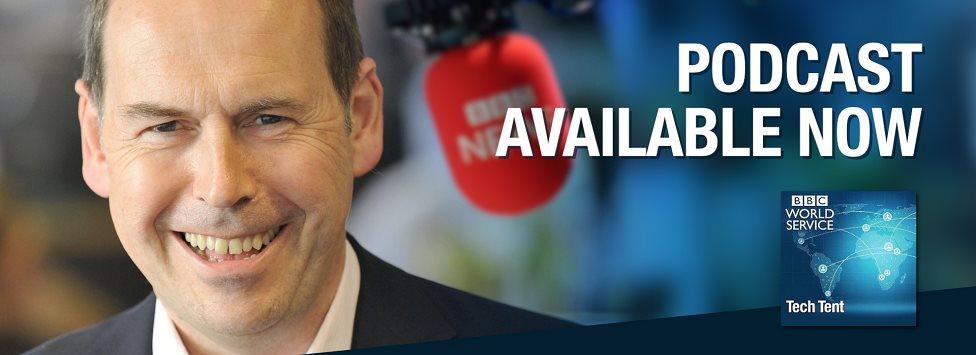
Rory's podcast: Three 'far-fetched' visions of the future
Stream the latest Tech Tent episode on the BBC website
Download, external the latest episode as a podcast
Listen to previous episodes on the BBC website
Listen live every Friday at 15.00 GMT on the BBC World Service
- Published21 June 2016
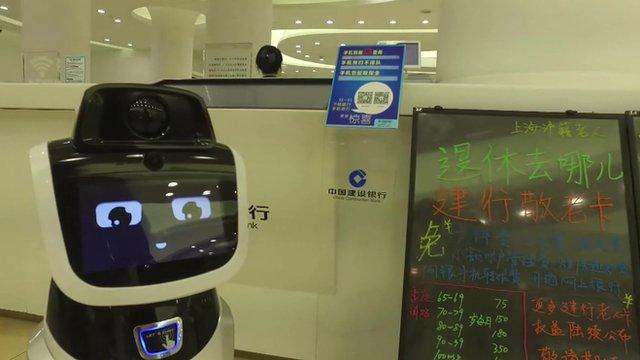
- Published25 July 2016
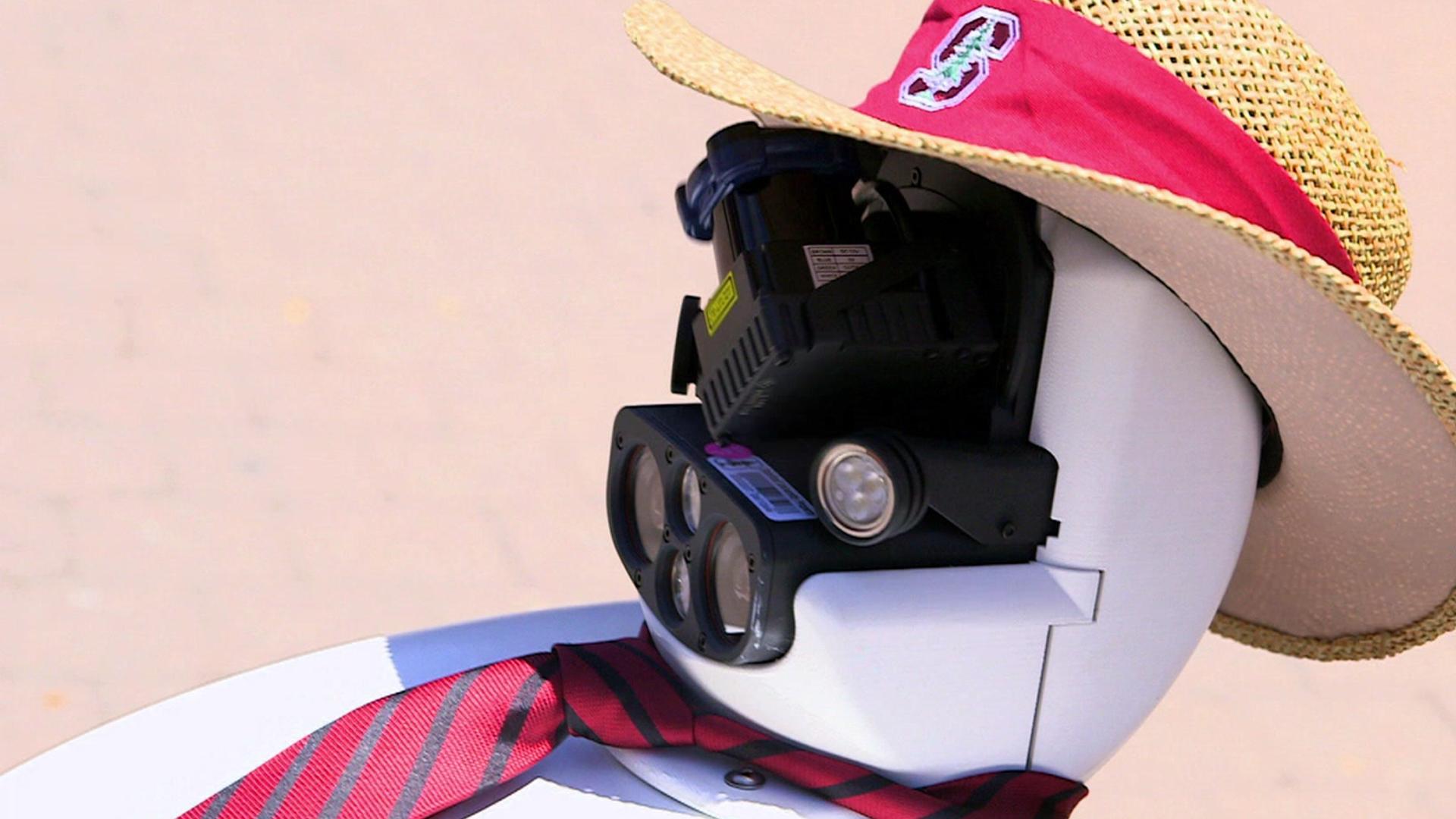
- Published25 August 2016
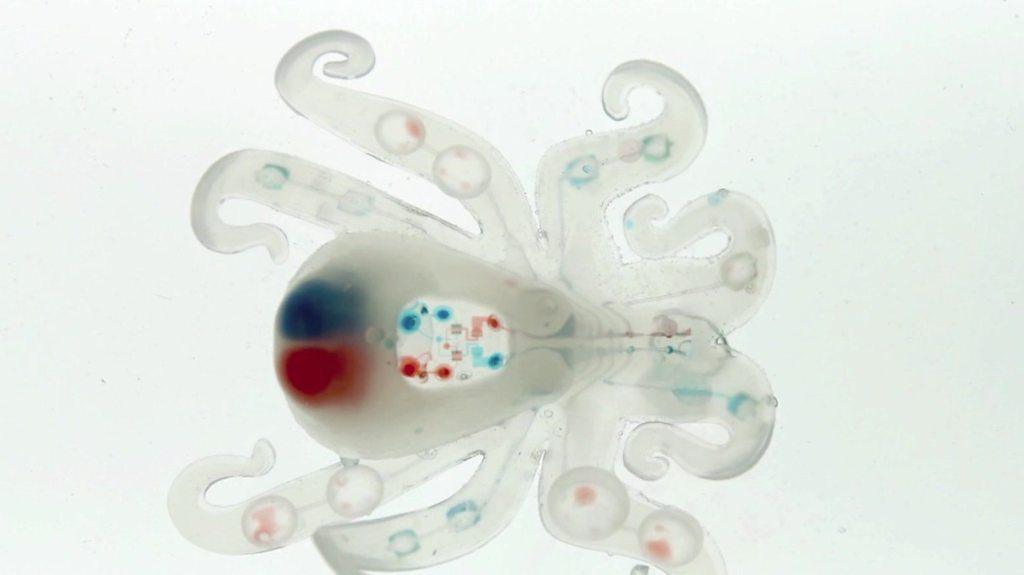
- Published25 May 2016
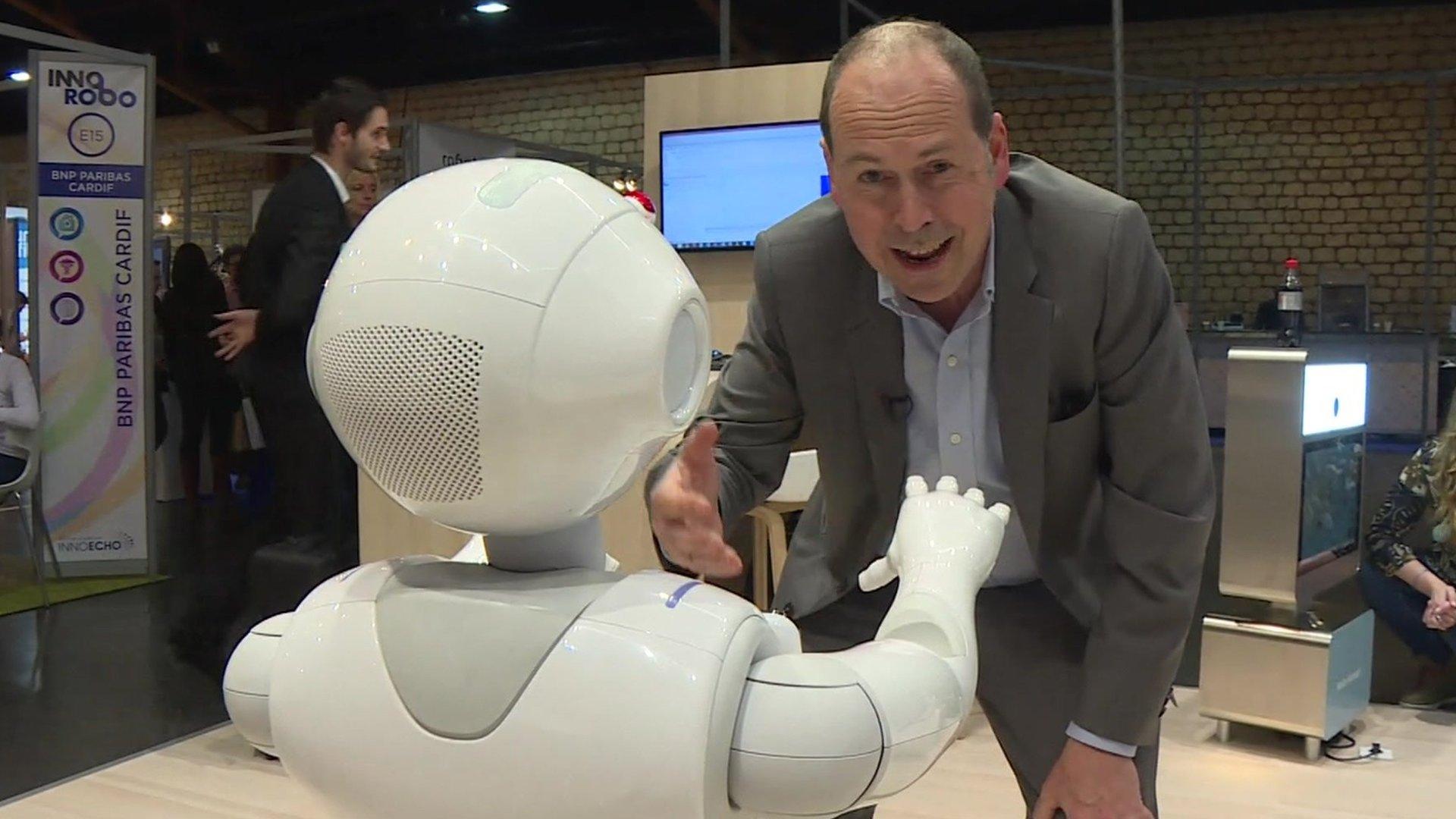
- Published5 July 2016
